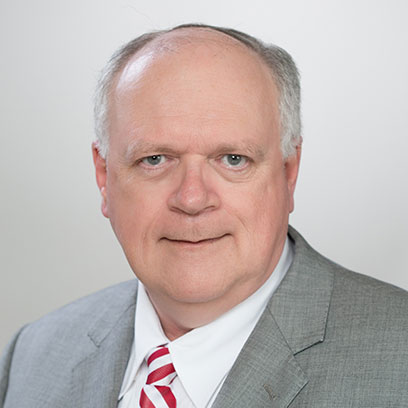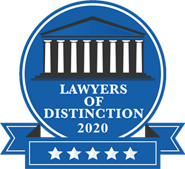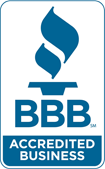
Attorneys Dedicated to Helping Alabama Residents Reorganize Their Finances
Most people file Chapter 7 or Chapter 13 bankruptcy in order to obtain a discharge, after which they will not be personally liable for their consumer debts. However, Chapter 13 cases take 3-5 years to be resolved, during which time you may experience emergencies that require you to obtain consumer credit or a loan. Perhaps your car has broken down, and you need to replace it in order to get to work. Or perhaps you have a household emergency, and you need to make emergency repairs. The length of a bankruptcy case means that in some cases a debtor may need to accumulate more debt while the Chapter 13 case is ongoing. A debtor involved in an active Chapter 13 proceeding must get permission from the administrator or trustee to borrow while in bankruptcy, either informally or by filing a motion to incur debt. At Grainger Legal Services, our Alabama lawyers can guide individuals through the bankruptcy process while carefully explaining their rights and options.
Borrowing While in Bankruptcy
You will only get approval from a Chapter 13 trustee or administrator if the property or services for which you hope to get a loan are necessary and reasonable purchases, and repaying the new loan will not interfere with your ability to make Chapter 13 payments as planned. The bankruptcy trustee or administrator will most likely check to make sure your plan payments are current, review the loan terms, and review your current budget in order to make an informed decision about whether to allow the additional debt.
A Chapter 13 trustee or administrator is unlikely to approve a loan for luxury items, or a home loan where the monthly payment for the mortgage principal, taxes, interest, and insurance is significantly more than what has been budgeted for your housing in your Chapter 13 plan. In general, you probably will not be given permission to take on consumer credit that is not absolutely necessary.
As part of your request for approval from the trustee, you will have to submit the identity of the lender, the amount of the loan, the interest rate, the monthly payment amount to the lender, and the number of monthly payments you will have to make to repay the new loan. If the post-petition loan is not approved, the administrator or trustee will notify you in writing, and you may need to file a formal motion to incur debt with the court.
If you incur new substantial debts without prior approval from the trustee, the trustee and the court may see this as a choice not to comply with your plan or that you have more disposable income than stated that could be going towards your plan. This means that the trustee may ask the court to dismiss your case, the court may decide to dismiss your case, or the new debt may not be included in your discharge if you prove unable to pay it.
Although you usually need to obtain permission to incur additional debts during bankruptcy, there are some circumstances in which you do not need permission. These include incurring tax liabilities and “small” debts as defined by your trustee’s rules and policies. You may not want to have the new debt included in your debt repayment plan. If you want to make payments to a new lender outside the plan and are not worried that the debt will not be discharged at the end of the plan, you do not need to ask the court for permission. However, you should be aware that your Chapter 13 trustee may object and ask the court to dismiss your case if you spend so much on the new debt that you miss your Chapter 13 payments. In most cases—except for medical emergencies—it is wiser to ask the trustee and the court for permission before incurring any new debt.
Consult an Bankruptcy Lawyer in South-Central Alabama
Your Chapter 13 trustee is more likely to allow you to borrow in bankruptcy if you are current on your payments. An experienced South-Central Alabama attorney can help you develop a reasonable debt repayment plan, work with the trustee to make sure you pursue the greatest possible discharge, and help you make a motion to incur debt when necessary during your bankruptcy. Grainger Legal Services has offices in Montgomery, Prattville, and Troy. Call us at (334) 260-0500 or contact us online to schedule a free consultation.


 Attorney Charles Grainger possesses decades of legal experience focused on debtor-creditor law, bankruptcy, and business law. His legal work is designed to help clients overcome debt and secure a stronger financial footing. He also provides legal services to entrepreneurs and business owners. Grainger Legal Services takes a comprehensive approach to debt relief and financial education for clients in south-central Alabama. [
Attorney Charles Grainger possesses decades of legal experience focused on debtor-creditor law, bankruptcy, and business law. His legal work is designed to help clients overcome debt and secure a stronger financial footing. He also provides legal services to entrepreneurs and business owners. Grainger Legal Services takes a comprehensive approach to debt relief and financial education for clients in south-central Alabama. [ 


